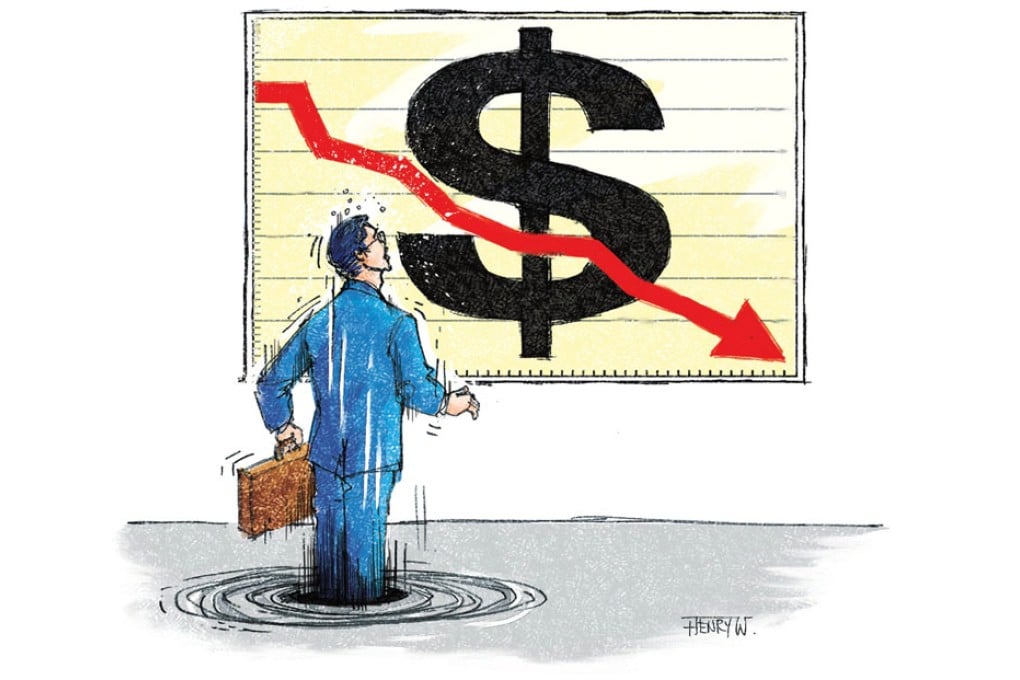To devalue or deflate? That is the question
Andy Xie says that economic planners have two choices when hot money retreats on expectations of a tighter US monetary policy: devaluation or deflation, and the latter is the better long-term bet

The collapse of the Indian rupee is just the first of many financial crises that the US Federal Reserve may well trigger with the unwinding of its stimulus policy. Since 2008, the Fed has cut interest rates to zero and tripled its balance sheet. The duration and magnitude of the stimulus is unprecedented. A smaller reversal of the Fed's stimulus in the 1980s triggered the Latin American debt crisis and, in the 1990s, the Asian financial crisis. This time could be worse.
For a decade, India enjoyed the limelight in the BRIC club and received massive inflows of financial capital. The inflows went into its banking system and were lent out as consumer credit. India enjoyed a consumer-led economic boom. Despite much higher inflation than the global average, India's currency also stayed strong.
That, of course, was a typical emerging-market bubble during a global liquidity boom, a by-product of a Fed easing cycle. Even though the Fed is merely signalling the gradual unwinding of its quantitative easing programme and any rate hikes are still far away, India is already crashing. It shows how big the bubble is.
India is a poster child for an emerging-market bubble. It has run big fiscal and current-account deficits for years without being punished by the market. When the liquidity tide is rising, positive stories sell. After 2008, the hot story was the decoupling of emerging economies from the troubles in the West. It justified pouring trillions of dollars into them.
The hot money, as shown in India's case, pushed up growth but also created a bubble. India is just the first to be exposed. Many more will follow in the coming months.
Some economies haven't run big current-account or fiscal deficits and yet have experienced a credit bubble under the same forces. Hot money inflates credit growth. If that credit goes into activities that don't require too many imports, the bubble just distorts allocation of the expenditure. China, for example, has seen a massive increase in property investment, yet consumption has been depressed. Deflation would be required to shift the allocation back. That would leave behind many bad loans, proportional to the misallocations over the years.